Sign up for our news digest
I agree to receive email updates from Human Trafficking Search. I may unsubscribe at any time.
Posts by: Human Trafficking Search
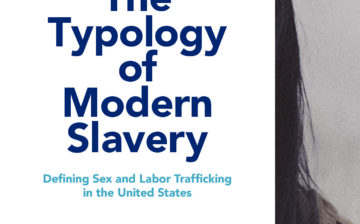
Part 2: Discussing Trauma with Children
Talking with children about human trafficking is an important first step in preventing their exploitation. But just talking with children about such a disturbing topic can be extremely intimidating.
A Back-to-School Series on Human Trafficking
Did you know that just being at school can be a risk factor for children being trafficked? Over the next two weeks, we partner with a number of organizations and experts to keep you informed about the best ways to keep your children safe from human trafficking.
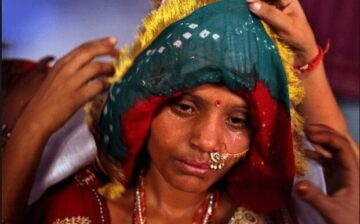
Trafficking in Our Backyard: The Link between Trafficking and Immigration
Rathish Pandian grew up in Tamil Nadu, Southern India, but fled to the U.S. as an adult after being threatened by government authorities for his political views. Upon arrival here, he was offered a job by another immigrant from his country at a Subway restaurant, but his trafficker…
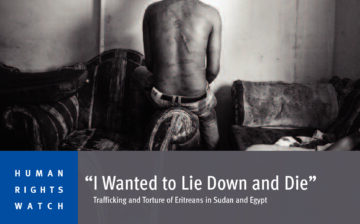
Evaluating 2016 TIP Report Rankings
Recently the U.S. Department of State released the 2016 Trafficking in Persons Report (“TIP Report”). This year’s rankings were met with anticipation and international interest.
Human Trafficking Surrounding the Olympics
The ongoing political, economic and public health crisis in Brazil coupled with the near-total lack of preparation for the 2016 Rio Olympic Games makes this a challenging time for Brazil. Besieged by rumors of shoddy construction, insufficient funds and inadequate planning…
The Growth of Modern Child Sex Tourism
Tourism has seen extraordinary growth over the past 20 years, with the number of international tourist arrivals rising from 527 million in 1995 to 1,135 million globally in 2014. The growth of international tourism coupled with the increased reach and use of the internet has led to increased opportunities for child sex tourism.
A Note on Our New Film Database
We invite you to explore our new film database. It includes dramas, documentaries, news investigations, feature-length, and short films. We hope that these resources prove useful, enlightening, and inspiring.
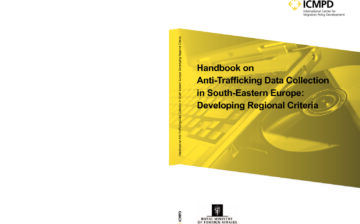
The 2016 Trafficking in Persons Report: An Overview
On June 30, the 2016 US Trafficking in Persons Report (TIP) was released. The TIP Report is the United States government’s principal diplomatic tool to engage foreign governments on human trafficking.

Legislative Efforts to Reduce Labor Exploitation of Immigrant Workers
Recently, a new bill was introduced in Congress that would require greater transparency about foreign guest worker programs in an effort to help prevent labor trafficking and exploitation of such workers when they come to work in the U.S.
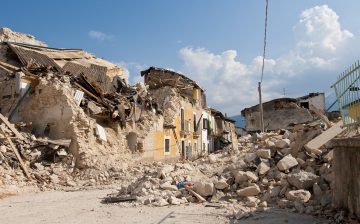
Before the Dust Settles: Earthquakes lead to Human Trafficking in Ecuador and Nepal
Natural disasters such as earthquakes create fertile ground for trafficking to occur. For children, to be separated from their families, unaccompanied, orphaned, or displaced, greatly increases their vulnerability to trafficking.
